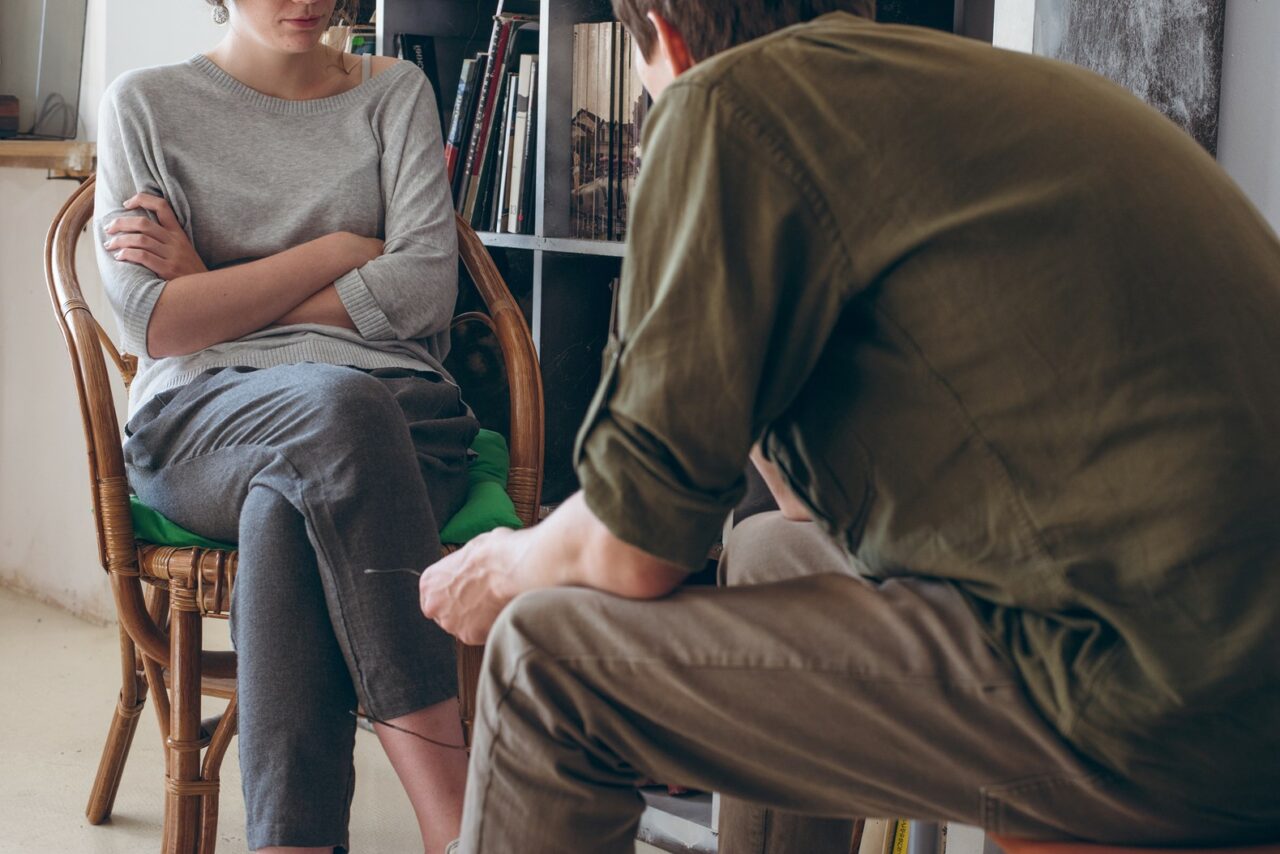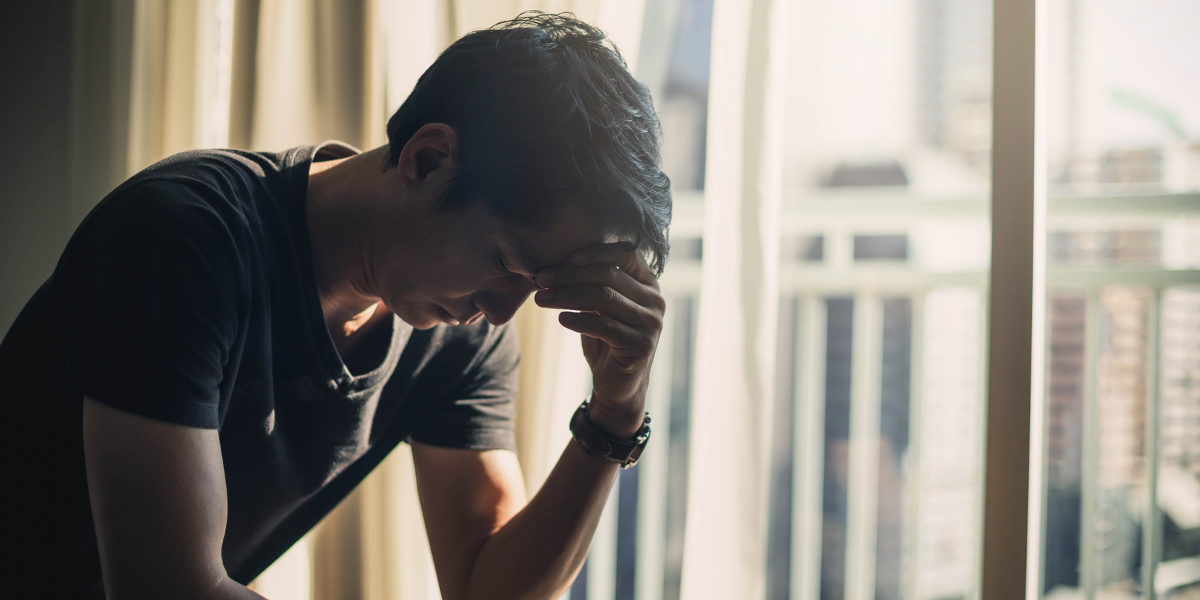Relapsing, or returning to misusing a substance following a period of sobriety, is common among those who struggle with addiction. Certain people, places, memories, and thoughts can be the triggers for alcohol relapse, but in being able to understand and identify them, you can be in the best position to maintain your sobriety.
How Relapse Occurs
Although the act of relapsing occurs a single time, the process leading up to relapse occurs in three stages: emotional, mental, and physical.
Emotional Relapse
This first stage can begin to occur even if you’re in recovery at an inpatient drug treatment centre. This stage can include experiencing negative emotions like anxiety, irritability, or anger, and your sleeping and eating habits may become erratic. This stage can also cause you to lose interest in your recovery, which is often due to not accessing your support system.
Mental Relapse
During the second stage of mental relapse, there is a constant battle between the side of you that wants to get and remain sober and the side that wants to start using again. Thoughts about using typically arise and then become more prevalent, and therefore more difficult to stop, during this phase.
Physical Relapse
Typically, the space between mental and physical relapse is short. Ongoing thoughts about using in the mental stage of relapse can lead to the consumption of a substance and the breaking of one’s sobriety. At this stage, even using one time can result in the strong desire to continue using. It is during this stage that the risk of continued substance abuse is highest.
Internal Relapse Triggers
The triggers for potential relapse can begin internally. A person may become nostalgic about their substance use and romanticize it by associating using with a good time. It’s common for those in recovery to forget the negative emotions and physical effects of using and, instead, remember only the perceived positives.
Another way that relapse can be triggered internally is when a person becomes overconfident. They may think, due to what was learned in recovery, that they can return to casual use but not return to being addicted.

Depression is another common trigger for relapse; a person may wish to relieve the negative emotions they experience and, so, will often choose to self-medicate by returning to using. The symptoms of depression to watch for include:
- Guilt
- Feelings of hopelessness and worthlessness
- Low energy
- Feelings of anxiety
- Problems with concentration
External Signs of Internal Relapse
The symptoms of internal relapse can manifest themselves in noticeable ways. For example, sudden changes in a person’s behaviour, such as no longer participating in activities that they once enjoyed, is a common warning sign. They may also avoid their support system and isolate themselves from others.
Another way that internal relapse can manifest itself is verbally. The person may voice doubts about the effectiveness of their recovery program or begin to show scorn or disrespect for the entire recovery process.
External Relapse Triggers
External triggers are objects, situations, activities, people, or places that cause a person to think about or crave a substance.
Objects
Objects that can be found in everyday life can be the cause of increased drug addiction relapse rates, even though someone in recovery may not be aware that they’re being triggered. For example, a spoon can trigger nostalgia surrounding drug use in a person who formerly used heroin. Seeing drug paraphernalia in someone’s home or on television can also be a trigger. Other triggers can include an empty pill bottle, cash, movies, ATMs, or credit cards.
Situations and Activities

Certain situations and activities are another external relapse trigger. Being in a stressful situation can cause the desire to seek relief through using. Receiving a bill in the mail or having a bad day at work can cause stress, as can meeting new people or being home alone.
Stress in romantic partnerships or with family members can also lead to relapse. Arguments that are unable to be resolved cause perpetual stress and the desire to escape. The holidays and other times of celebration, when others are celebrating by partaking in the use of alcohol and other substances, can also trigger relapse; in observing this casual use, a person may mistakenly assume they can handle using a single time, and that this won’t affect their recovery.
People
Whether close to the individual or just an acquaintance, people can cause relapse to occur. Living in a home where family members regularly misuse substances or spending time with friends who do can significantly hamper one’s progress in recovery. The same is true of seeing or spending time with those who formerly supplied an addictive substance.
As well, friends or family who do not understand how their substance use affects a person in recovery, or who do not support that person’s goals to get sober, can result in feelings of alienation that lead to relapse.
Places
There may be several places that can increase the risk of relapse. Any location where a person used to use can cause nostalgic feelings when they walk past or drive through. This may be an old neighbourhood, a former school, a worksite, or a freeway exit taken on the way to purchasing or using a substance.
A club or bar, bathroom, or even locations where a person used to hide their substances can be sufficient to trigger relapse.
How to Prevent Drug Addiction Relapse
There are many ways to prevent relapse. Making a list of your triggers and keeping them with you can ensure consistent awareness and help with staying focused on your sobriety. Setting boundaries is an important part of relapse prevention.
This involves telling others that you are no longer using, but this can be a stressful and uncomfortable experience for some. Where this is the case, another solution can be to avoid the people, places, and other external and internal relapse triggers mentioned previously. Building a support network is another crucial aspect of relapse prevention. Ensure that you have a sponsor and use this support whenever needed.
Healthy coping mechanisms, such as adopting a nutritious diet and an exercise routine can benefit the body and mind, prevent relapse, and assist with recovery. Even with all this planning, relapse can still occur. Where this is the case, it may be necessary to seek additional help.
The Benefits of Residential Treatment
Entering an inpatient treatment centre can offer many benefits for those wishing to prevent relapse and remain committed to their sobriety.
These centres offer living accommodations, and residents receive around-the-clock monitoring and care, attending counselling and other treatment sessions on-site. The closed environment of a residential inpatient centre can be ideal for those who feel that the stressors or triggers in their daily lives are too significant to overcome independently, or for those who would feel safer and more secure in this type of closed environment.
Holistic, Private Addiction Treatment for Men
If you are someone who not only wishes to prevent relapse but also receive additional help with developing healthy coping mechanisms, planning to avoid relapse and achieve lifelong sobriety, consider EHN Canada.
We believe that both change and lifelong transformation are possible; when you are ready to learn more, EHN Canada is ready for your call: 1-705-535-0636.



